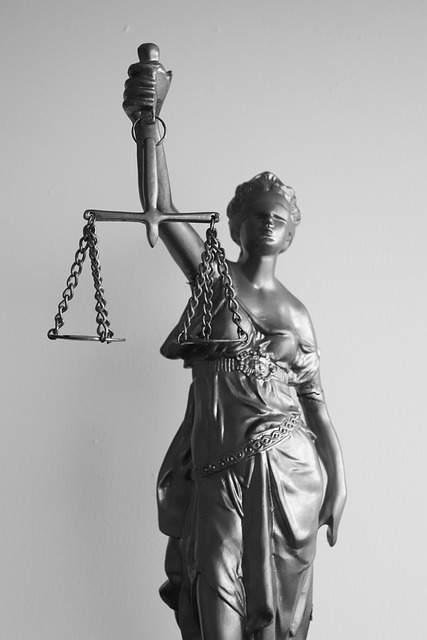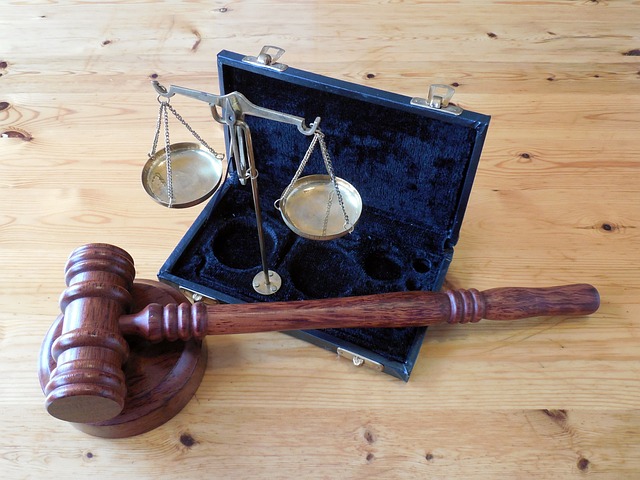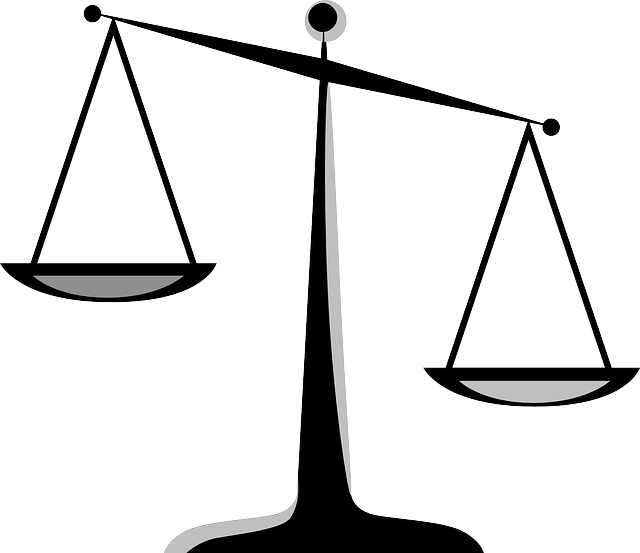Consumer protection laws guard against predatory business practices, ensuring product quality, advertising integrity, and fair debt collection. Understanding these legal frameworks enables businesses and consumers to navigate markets confidently. Consumer protection suits based on state/federal statutes can target false advertising, unfair pricing, or defective products. Successful cases create precedents, promoting fairness and transparency. In appeals, robust evidence, expert testimony, and meticulous fact analysis are crucial for fair outcomes, especially in white-collar defense cases. Navigating criminal appeal processes demands understanding legal grounds and procedural errors to challenge convictions.
In today’s complex legal landscape, understanding consumer protection laws is paramount for both businesses and consumers. This article delves into the intricacies of consumer protection suits, exploring key aspects such as identifying legal grounds for filing, addressing misleading practices, and navigating criminal appeal processes. By understanding these principles, individuals can assert their rights effectively, while businesses can ensure compliance to avoid costly legal repercussions. Key focus areas include legal grounds for criminal appeals, emphasizing the importance of solid evidence in securing favorable outcomes.
- Understanding Consumer Protection Laws
- Grounds for Filing a Suit
- Legal Recourse for Misleading Practices
- The Role of Evidence in Appeals
- Navigating Criminal Appeal Processes
Understanding Consumer Protection Laws

Consumer protection laws are designed to safeguard individuals from unfair business practices and ensure transparent transactions. These regulations cover a wide range of activities, from product quality and safety to advertising claims and debt collection methods. Understanding these legal frameworks is crucial for both corporate and individual clients navigating complex markets. Business entities must adhere to these standards to avoid high-stakes cases involving white collar defense.
The laws provide specific legal grounds for criminal appeals, offering consumers a voice against abusive practices. By enforcing these regulations, authorities aim to foster trust in the marketplace, encourage ethical conduct, and promote economic welfare. Awareness of consumer protection rights empowers individuals to take action when faced with unfair or misleading business tactics.
Grounds for Filing a Suit

When considering whether to file a consumer protection suit, understanding the legal grounds for such an action is paramount. Consumer protection laws are designed to safeguard individuals from unfair, deceptive, or harmful business practices. Grounds for filing include violations of state or federal consumer protection statutes, which may cover a wide range of misdeeds like false advertising, unfair pricing, or the sale of defective products. These legal grounds often involve demonstrating that a business engaged in misleading conduct and that such conduct caused a demonstrable harm to the consumer.
In many cases, high-stakes consumer protection suits are resolved through jury trials, where the collective judgment of peers can hold businesses accountable for their actions. The impact of these suits extends beyond financial compensation; they play a crucial role in shaping the behavior of companies and protecting the interests of philanthropic and political communities. Furthermore, successful legal action can set precedents that guide future consumer protection efforts, ensuring that markets operate fairly and transparently.
Legal Recourse for Misleading Practices

In the realm of consumer protection, misleading business practices can leave individuals vulnerable and seeking legal recourse. When companies engage in deceptive acts, consumers have the right to take them to court for damages. The key lies in identifying the specific legal grounds for a case, such as false advertising, unfair trade practices, or breach of contract. These suits aim to hold businesses accountable and provide restitution to affected consumers.
For high-stakes cases involving white collar and economic crimes, having an unprecedented track record of successful litigation can be instrumental. Consumers can empower themselves by staying informed about their rights and seeking legal advice promptly. This proactive approach ensures that misleading practices don’t go unchallenged, fostering a fairer and more transparent marketplace for all.
The Role of Evidence in Appeals

In Consumer Protection suits, the role of evidence is paramount, especially during appeals. To successfully challenge a lower court’s ruling on Legal Grounds for Criminal Appeal, robust and relevant evidence is crucial. This includes financial records, communication logs, and expert testimony that can disprove the original verdict and demonstrate the lack of malicious intent or harmful actions towards consumers. For instance, in white-collar defense cases, where avoiding indictment is the primary goal, presenting strong evidence can help differentiate legitimate business practices from criminal activity.
Understanding the respective business operations and industry standards is vital in these appeals. By employing a comprehensive strategy that integrates both primary and secondary evidence, legal teams can build compelling arguments to overturn unfavourable judgments. This process involves meticulous analysis of facts, careful interpretation of laws, and a deep understanding of the client’s activities within their respective business environment, ensuring a fair assessment and outcome.
Navigating Criminal Appeal Processes

Navigating Criminal appeal processes can be complex, especially considering the intricate legal grounds for criminal appeals. When a conviction is sought, individuals have the right to challenge their case, asserting that errors in procedure or evidence led to an unfair trial. This involves understanding various legal avenues and presenting compelling arguments to higher courts. The process demands meticulous attention to detail, as even subtle procedural mistakes can be grounds for reversal.
For his clients facing white-collar and economic crimes, navigating these appeals requires a deep understanding of both the legal system and the specific charges. Advocating for those from philanthropic and political communities further complicates matters, requiring attorneys to consider not just the facts of the case but also the broader implications for their clients’ standing in society.
Consumer protection suits are a vital tool for ensuring businesses uphold ethical standards and safeguard their customers’ rights. By understanding the legal grounds for filing, the importance of evidence in appeals, and navigating criminal appeal processes, consumers can effectively exercise their legal recourse against misleading practices. Armed with knowledge of consumer protection laws, individuals can better protect themselves and contribute to a fairer marketplace.






